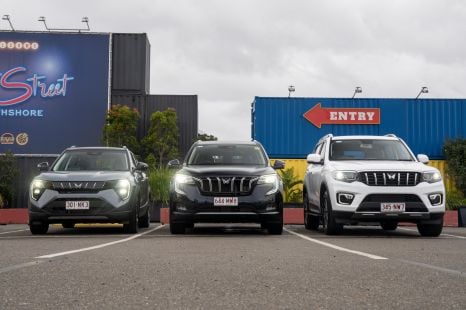

CarExpert.com.au
Model range deep-dive: Mahindra's SUV family
3 Days Ago
EV lobby says the South Australian government now has the 'dubious honour' of becoming the only jurisdiction in the world to disincentivise the purchase of electric vehicles, as FCAI and Hyundai also take aim

Senior Contributor
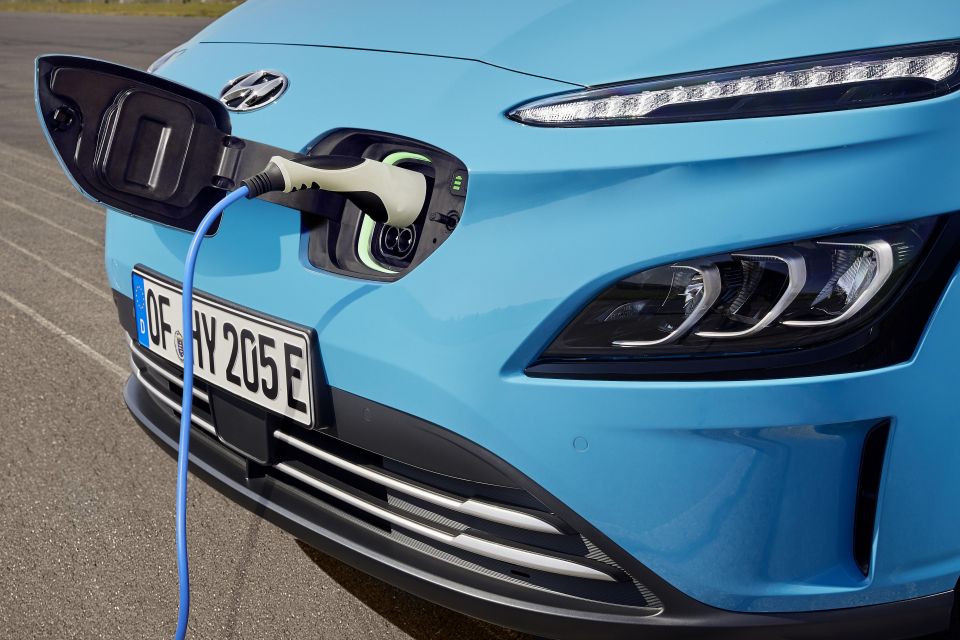

Senior Contributor
Australia’s Electric Vehicle Council (EV Council), the Federal Chamber of Automotive Industries (FCAI), and Hyundai Australia have all slammed a budget proposal from the South Australian government to introduce a road-user charge on electric vehicle (EV) owners, in lieu of fuel excise.
The proposal put forward yesterday as part of the 2020-21 State Budget suggests charging people who drive EVs a fixed fee – similar to current registration charging – and then a variable charge based on distance travelled.
“The announcement this morning that the South Australian Government plans to introduce a road user charge for low and zero emission vehicles (LZEVs) is simply beyond belief,” said FCAI chief executive Tony Weber, in response.
The FCAI is the peak lobby group for Australia’s car brands.
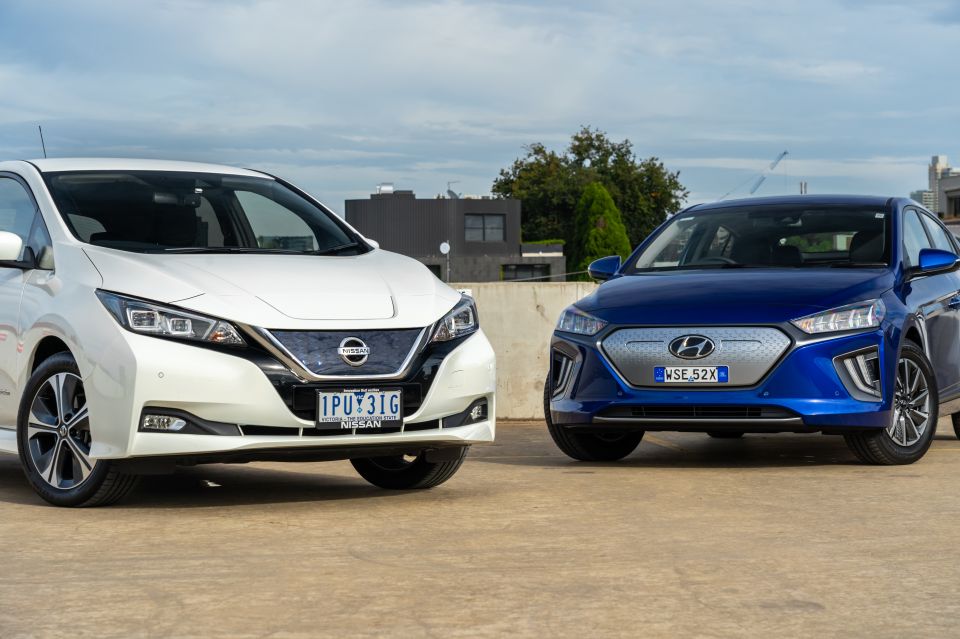
“We believe this charge will make South Australia the only jurisdiction in the world that actually opposes the uptake of low and zero emission vehicles,” Mr Weber added.
“The automotive industry realises that excise, and the treatment of motorists and their vehicles, is a long-term issue. We recognise that road user charging is a complex topic that needs to be discussed in a holistic manner and on a national basis.
“But first, we need to have a sophisticated discussion about how we encourage the uptake of all low and zero emission vehicles into our marketplace.”
The FCAI is not alone in its rebuke. The EV Council, which represents makers of EVs but also charging providers, energy companies, and research bodies, ridiculed the idea too.
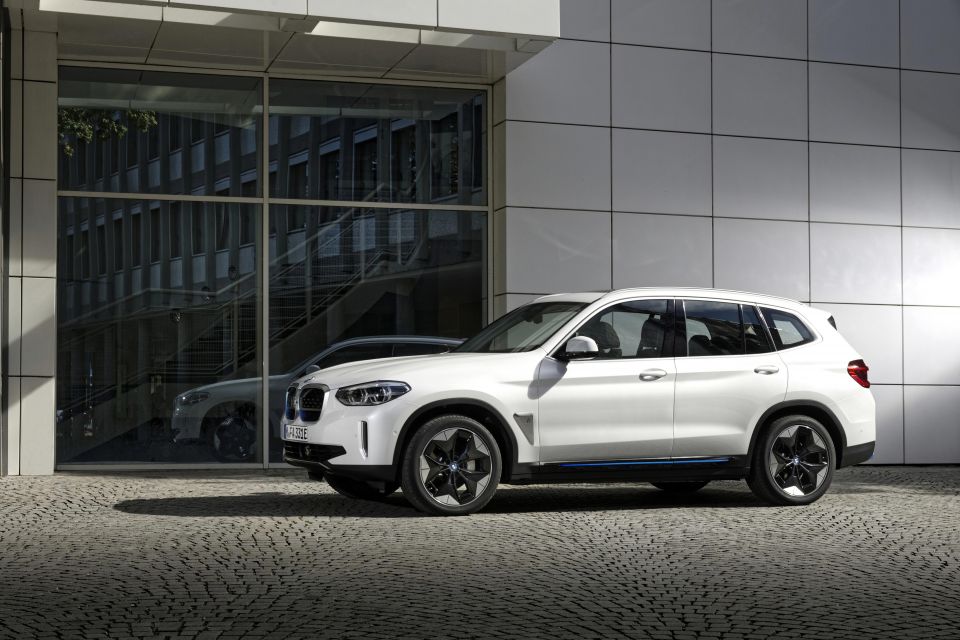
At the heart of its criticism is the announcement’s timing – namely, the government’s intent to raise new revenue from electric car drivers before it has supported the sector to grow its market share in the first place, as demonstrated across Europe, Asia, and some of the USA.
There are only about 2500 electric vehicles on South Australian roads, said its chief executive Behyad Jafari, making them a tiny minority of the car parc.
“Start looking at these pricing measures… after they’ve reached a maturity,” he added.
In essence, it might be politically easier to announce the policy now, before there are thousands of potentially annoyed EV owners to take revenue from, but it’s also misguided to charge early adopters.
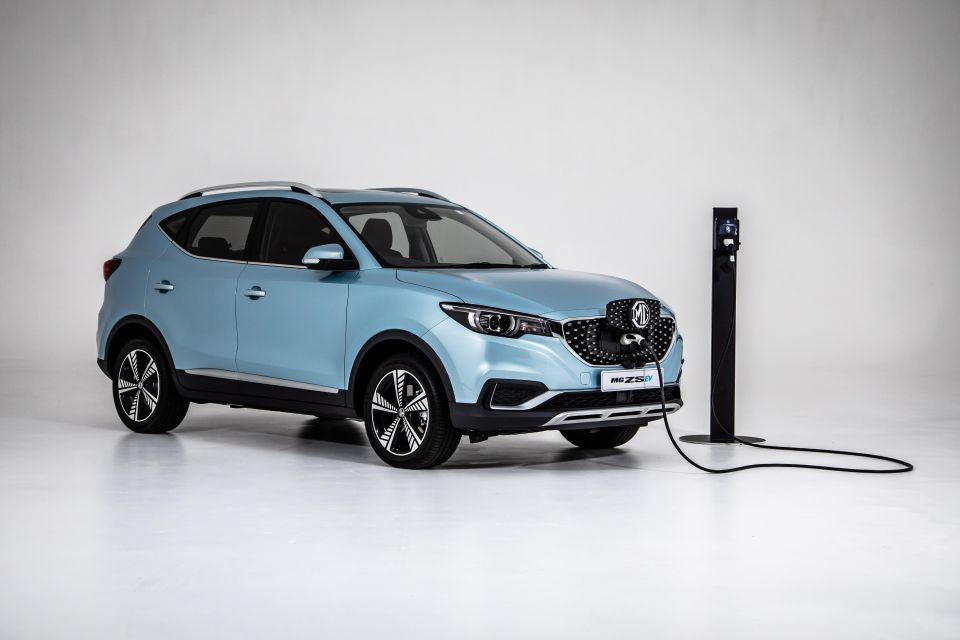
“While governments around the world are using every means possible to incentivise the uptake of electric vehicles, South Australia reckons they have it all wrong,” he said.
There was an earlier proposal in New South Wales to tax electric vehicles for every kilometre driven, though it’s not active policy and met with significant criticism once industry insight was sourced.
“Electric vehicles do not attract fuel excess and therefore make a lower contribution to the cost of maintaining our road networks,” claimed South Australian State Treasurer Rob Lucas, in outlining the government’s rationale for the controversial levy.
“The proposed road user charge will ensure road maintenance funding is sustainable into the future. The government is consulting with other jurisdictions about the details of the proposed road user charge.”
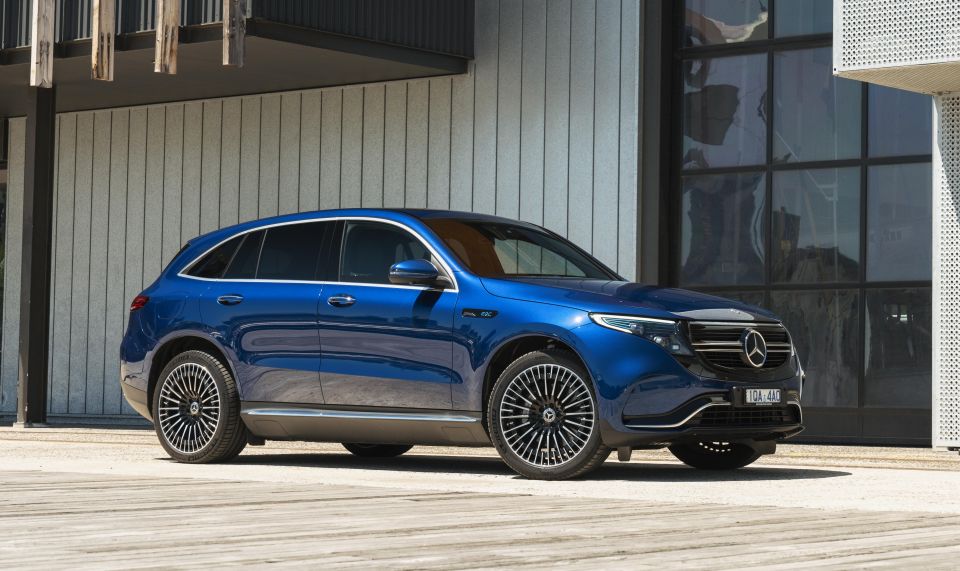
But in retort, the EV Council’s Jafari said it was “remarkable that no other jurisdiction on the planet” has come to the SA Government’s conclusion.
“Unless every government in the world is missing something obvious that Mr Lucas uniquely understands, the Treasurer may want to re-examine the logic that brought him to this point,” he added.
“South Australia can’t hit their net zero targets with this kind of policy approach. The state is currently at less than one per cent electric vehicle uptake and now they want to introduce the world’s first EV tax.
“… There’s no special bucket of money for roads. Roads need to be paid for from general revenue just like everything else. There is zero need for the South Australian Government to slap a big new tax on an emerging technology that delivers so much for the community,” he later added.
While some regions overseas have in fact explored similar levies, they tend to also offer direct purchase subsidies or similar market stimulus as well.

Another person who slammed any proposed user levy on EVs at this point in time is Tesla chair and ex-Telstra executive Robyn Denholm, who described such a theoretical tax on electric vehicles as “crazy” earlier this year – before the South Australian announcement.
“For me, it’s not just about the disincentive for electric vehicles, but [a road tax is] actually denying consumers the opportunity of participating in new technology,” Ms Denholm said.
“It would be like when the iPhone came in, that we put an extra surcharge on top of the iPhone versus a different phone, and expected people to wear that additional charge. It’s crazy.”
Of course, Tesla naturally has an interest in being opposed to any potential impediment to EV sales.
In the budget papers, the SA government said that current estimates are that about $1 million per year will be collected by the charge, though of course as electric cars grow in market share this figure would likewise grow with it.
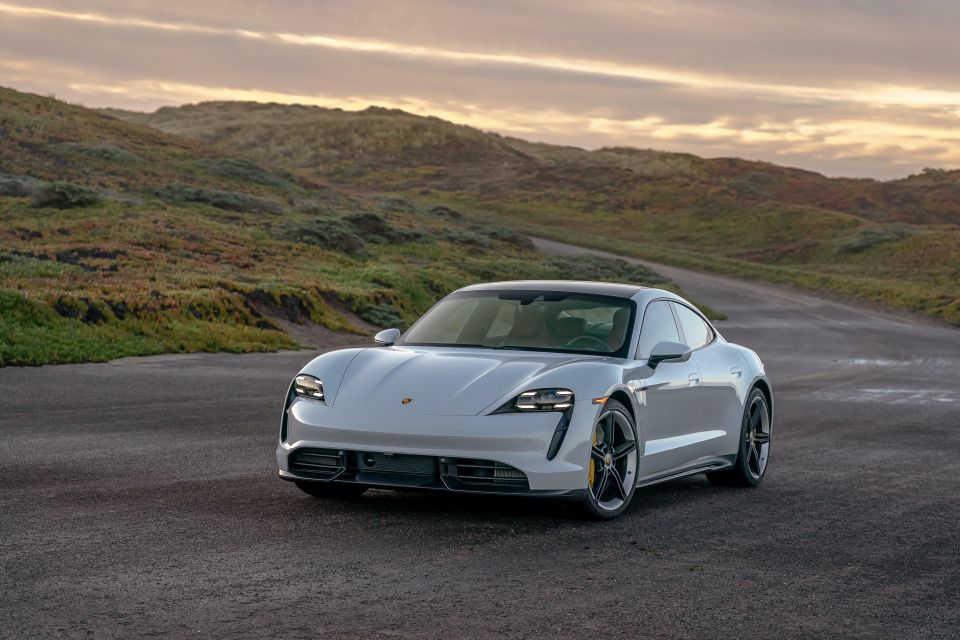
“If the revenue from fuel excise is falling because South Australians are burning less foreign oil, that should be considered a blessing,” replied Mr Jafari.
“Overall it’s good for air quality, it’s good for the health budget, it’s good for carbon emissions, and it’s great for economic sovereignty. The last thing any sane government would do is try to hit the brakes on this trend.
“It’s like responding to a drop in the tobacco tax take by slamming a new excise on nicotine gum.”
Another EV stakeholder to criticise the South Australian government is Hyundai, which produces the Ioniq and Kona Electric for Australia, and will launch numerous other EVs over the next few years including the Ioniq 5 crossover.
“It’s a disappointing development. Now is the time to be encouraging the take-up of electric vehicles, not introducing policies to make them less appealing,” company spokesman Bill Thomas told us.
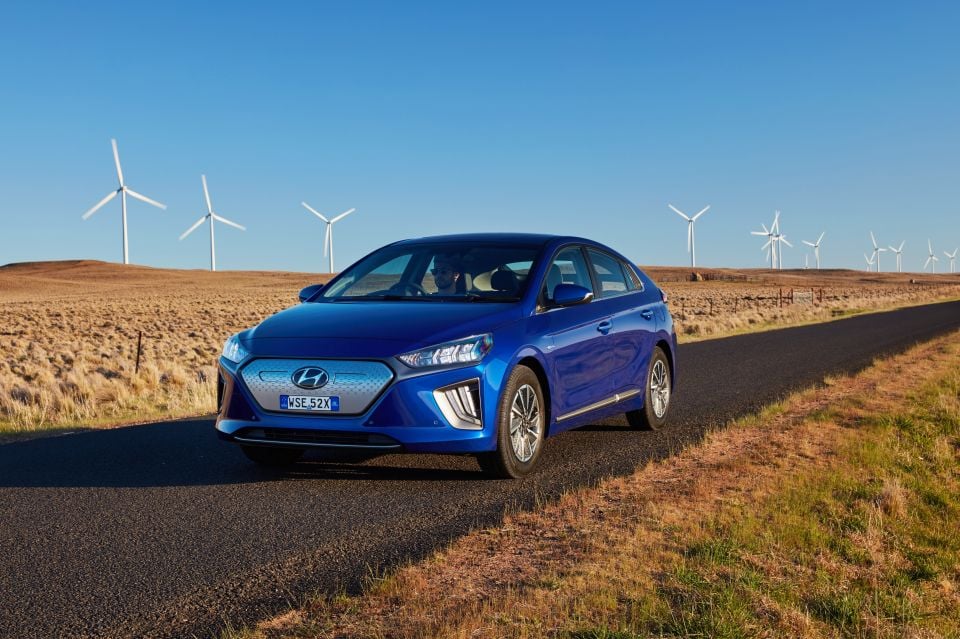
“All across the world, we are seeing real and meaningful government support for EVs – these demonstrate a clear understanding of electric vehicles’ benefit to the economy and to the reduction of emissions and pollution, especially in cities.
“Hand in hand with the shift to green renewable energy on a broader scale, EVs are a key driver for cleaner, quieter, pollution-free mobility.
“This tax seems at odds with the great work the state of South Australia has been doing in the field of renewable energy and it’s a shame the automotive industry was not consulted before it was announced.
“We would encourage more thought, consideration and consultation before this tax is put into place.”
At the same time as all this, the South Australian government is positioning itself as a supporter of EVs in other ways, after announcing an $18.3 million Electric Vehicle Action Plan ahead of the budget late last week.
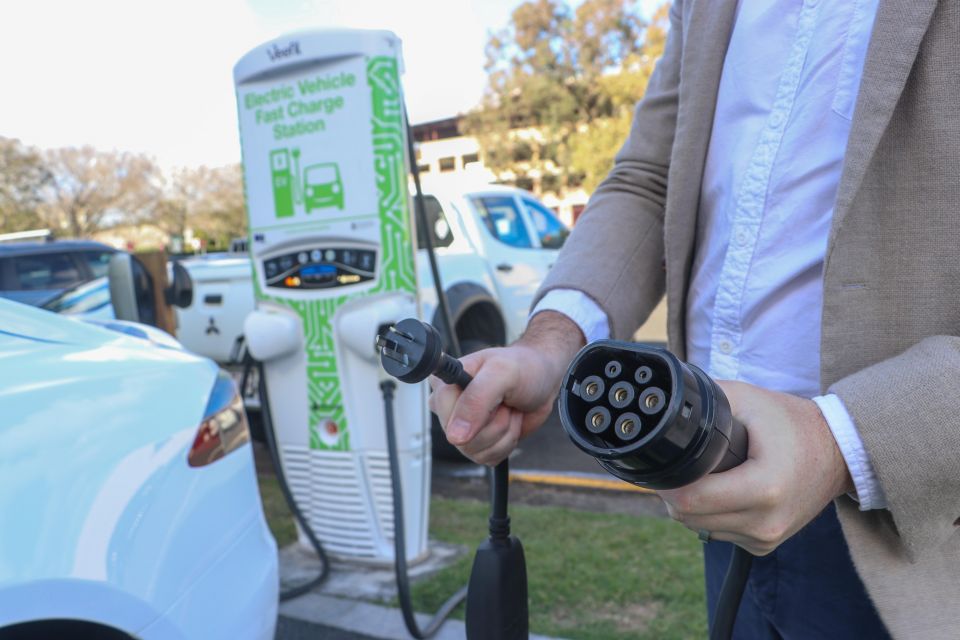
The plan is to help fund a “state-wide charging network”. The government also plans to “transition to electric vehicles within its existing budget, whilst calling on local government and corporate fleets to pledge similar” – in other words, buy more EVs for its fleet.
“This will bring more models into South Australia and deliver a steady stream of affordable used electric vehicles after a few years of use in government and private fleets,” claimed State Premier Steven Marshall.
“The State Government spends approximately $80 million on vehicles and fuel each year – and our new policy will progressively shift that spend to electric cars. Instead of $15 million each year spent on imported fuel, we’ll be buying local clean power instead,” the Premier added.
“As an added bonus, the faster uptake of electric vehicles is modelled to cut household power bills by around $50 by 2025 and $240 by 2030 as more users share the cost of the network.
“Electric vehicles will drive the next wave of power bill savings, whilst meeting our need for speed on climate change and improving air quality.”
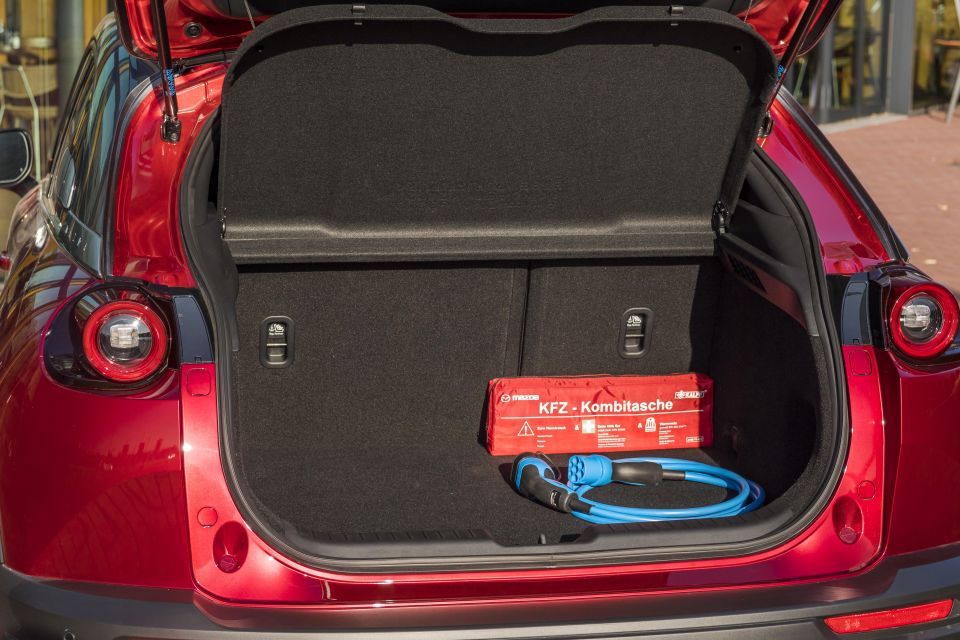
The Federal Government estimates that EVs will reach 8 per cent market share by 2025 and 27 per cent by 2030.
The SA ‘Action Plan’ has the stated aim of accelerating that, “making electric vehicles the common choice for new passenger vehicles by 2030, and the default choice by 2035”.
What are your thoughts? Should EV drivers pay mileage tax in lieu of fuel tax, or should the government solely seek to incentivise their uptake for now instead? Tell us below.
MORE: Australians buying more hybrids, PHEVs and EVs despite a shrinking market


CarExpert.com.au
3 Days Ago
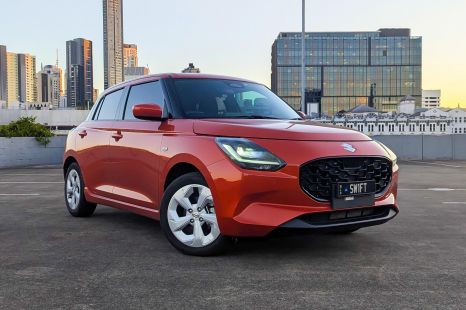

William Stopford
3 Days Ago
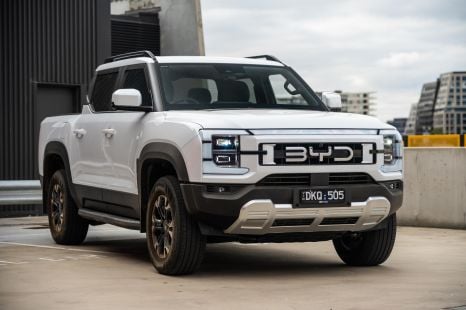

Max Davies
2 Days Ago
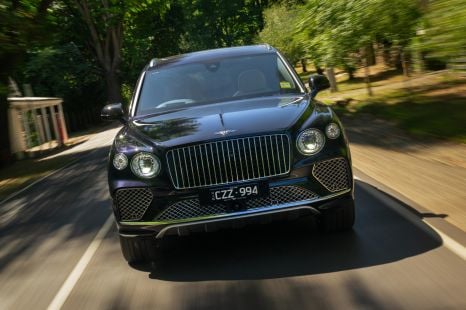

Josh Nevett
1 Day Ago
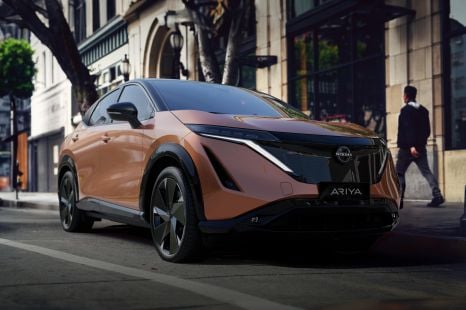

William Stopford
14 Hours Ago
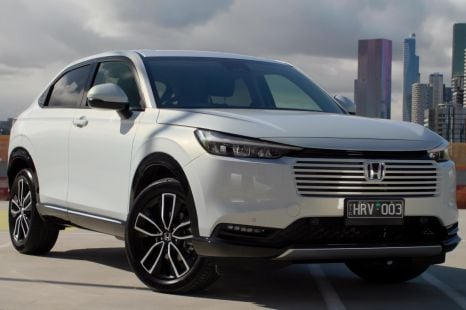

Elle Baillieu
13 Hours Ago